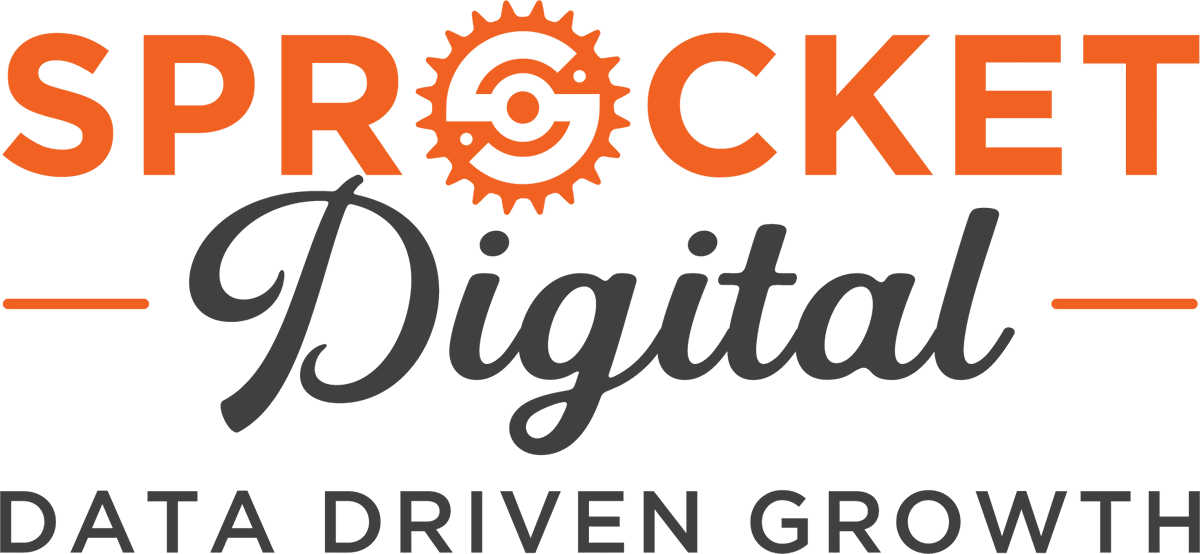Businesses often favour Organic or Paid Search, while completely neglecting the less favourite of the two. Even though both channels operate in the same area, they require very different strategies and skillsets to achieve success. The truth is that most Paid Search account managers should spend more time with Organic Search, and vice-versa.
Studies have shown that Paid Search generates almost 90% incremental clicks over Organic Search, meaning there is minimal wastage paying for clicks that would have otherwise been captured by Organic in the same search.
However, search account managers can leverage data from opposing channels (organic vs paid) to uncover opportunities for expansion in their own channel. This is done with the help of Search Console, either via Google Analytics (if linked) or Search Console itself.
Google Analytics
Anyone with a bit of Analytics experience should find this task easy. All you need to do is navigate to the Queries section under the ‘Acquisition’ – ‘Search Console’ tab hierarchy.
Generally what you’ll find in this report is a huge amount of branded search traffic. However, there should also be golden nuggets of opportunity when filtering through non-branded search terms.
Bolstering Organic for Improving Perceived Authority
These non-branded terms are obviously already performing strongly in Organic Search, but there is additional opportunity to bolster your businesses authority by complimenting the Organic listing with a Paid ad.
This provides twice the opportunity for a relevant user to click on your business listings, which can in turn have a huge impact on conversion rates for competitive non-brand search traffic.
Uncovering and Solving Weak Spots in SEO Traffic
Secondly, you can sort the non-brand keywords by impressions, and assess the list to find areas of weakness when comparing against your SEO target keywords. Once these weak spots are uncovered, you can actively target them with Paid ads, providing visibility in areas that you are currently underrepresented. This strategy can have a huge impact on performance if any relevant high-volume SEO keywords are ranking below page #1 in the search results.
This is generally a temporary solution, but can buy time for refocusing SEO strategy around potential weak spots.
Author: Josh Sexton – Digital Performance Director at Sprocket Digital



